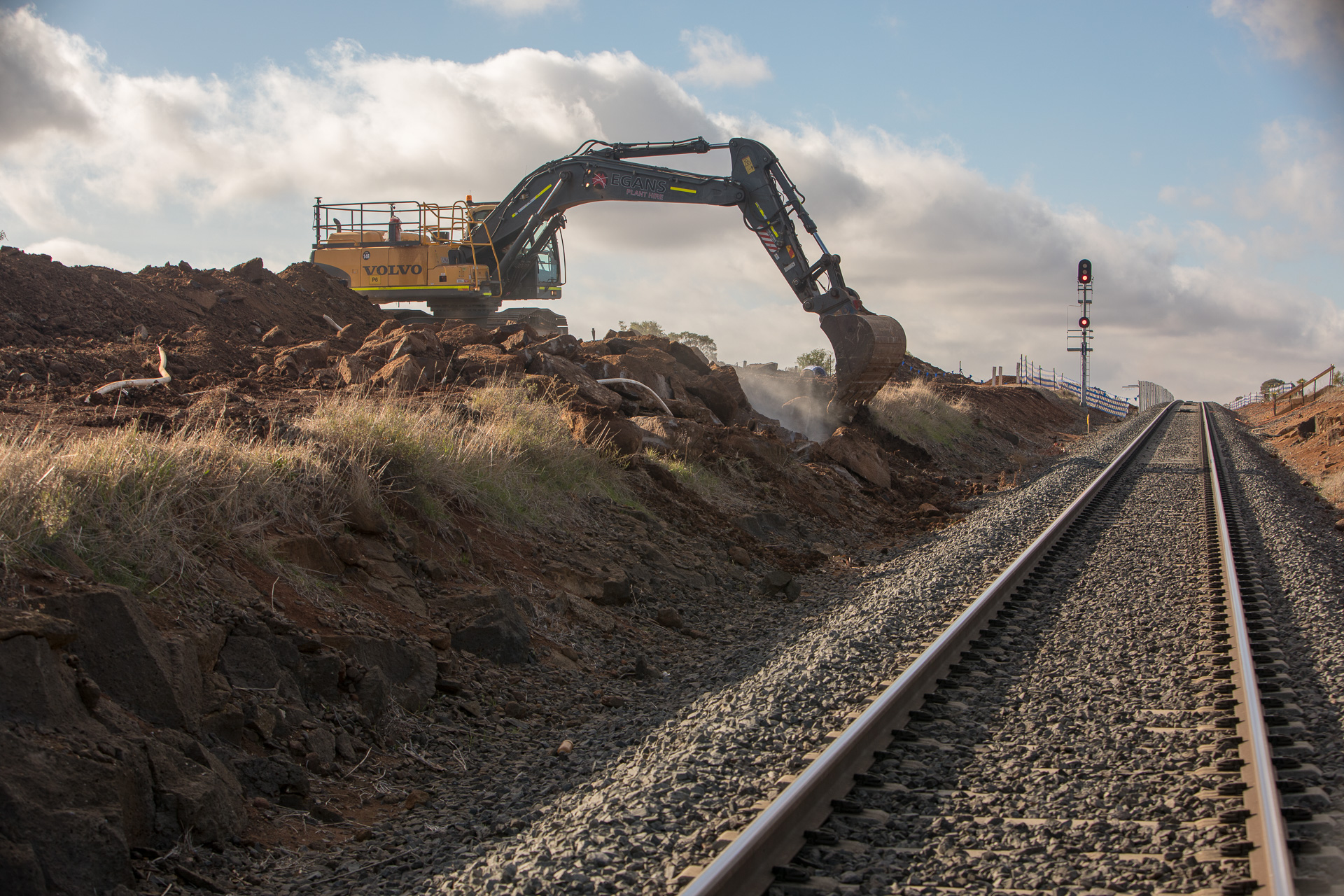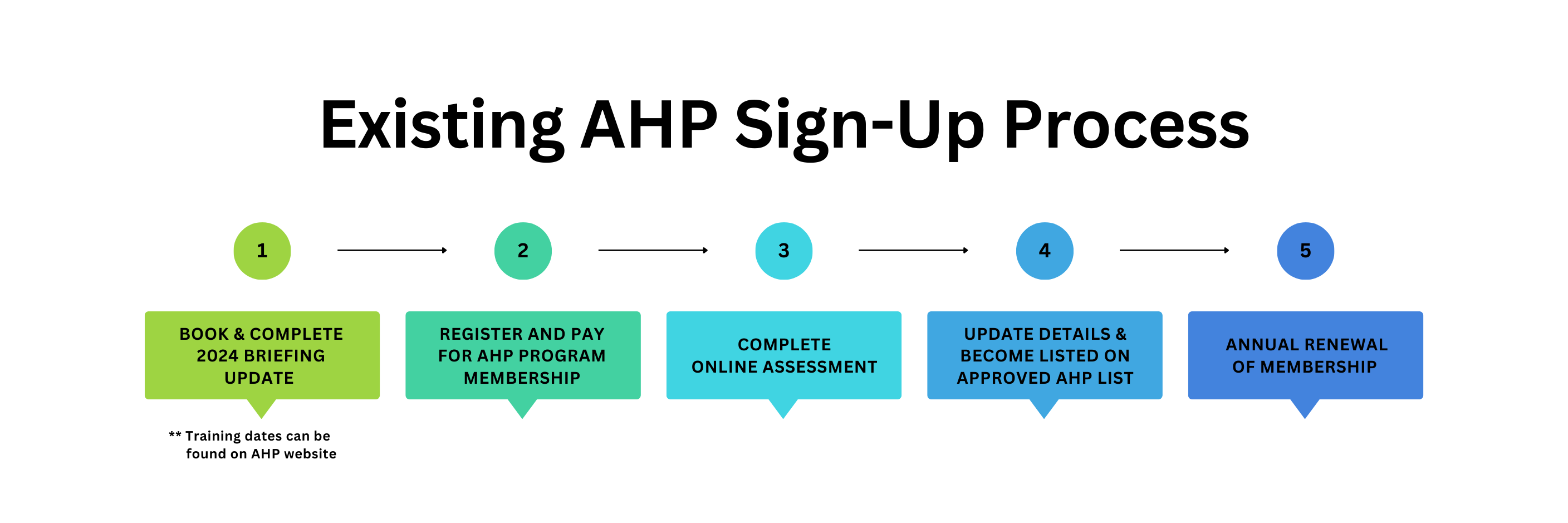Ensuring Fitness for Duty
Rail workers perform physically and mentally demanding jobs. Medical assessments help ensure that all personnel are fit to perform their duties without posing a risk to themselves or others. Conditions such as cardiovascular diseases, diabetes, sleep disorders, and vision or hearing impairments can significantly impact a worker’s ability to operate safely. Regular health checks can identify these issues early, allowing for timely intervention and management.
Preventing Accidents and Incidents
The safety of rail operations heavily depends on the health and alertness of the staff. Medical assessments can detect potential health problems that might lead to accidents if left unaddressed. For example, a train driver with untreated sleep apnea could fall asleep at the controls, leading to catastrophic consequences. By identifying such conditions early, appropriate measures can be taken to mitigate risks, such as medical treatment or adjustments to work schedules.
Legal and Regulatory Compliance
The Australian rail industry is governed by stringent safety regulations, including the requirement for regular medical assessments. The National Standard for Health Assessment of Rail Safety Workers mandates these assessments to ensure that all rail safety workers meet specific health criteria. Compliance with these standards is not only a legal obligation but also a fundamental aspect of maintaining operational licenses and avoiding legal liabilities.
Enhancing Productivity and Efficiency
Healthy employees are more productive and efficient. Regular medical assessments help in early detection and management of health issues, reducing absenteeism and ensuring that workers are performing at their best. This proactive approach to health management translates into a more reliable and efficient rail service, benefiting both the operators and the customers.
Promoting a Culture of Health and Safety
Implementing regular medical assessments demonstrates a commitment to the health and safety of rail workers. It fosters a culture where safety is prioritized, and employees feel valued and cared for. This positive work environment can lead to higher morale, better job satisfaction, and lower turnover rates.
Tailoring Health Programs to Industry Needs
The rail industry presents unique health challenges, such as long hours, irregular shifts, and exposure to various environmental conditions. Medical assessments can provide valuable data that helps in tailoring health and wellness programs specifically for rail workers. For example, initiatives on managing shift work, stress reduction, and ergonomic training can be developed based on the health trends observed during assessments.
Supporting Workforce Longevity
By regularly monitoring and managing the health of rail workers, medical assessments contribute to their long-term well-being. This not only supports the individual’s career longevity but also helps in retaining experienced and skilled workers within the industry. An experienced workforce is crucial for maintaining high standards of safety and operational efficiency.
Conclusion
In the dynamic and demanding environment of the Australian rail industry, the importance of medical assessments cannot be overstated. They are a vital component in ensuring the fitness and safety of the workforce, preventing accidents, complying with regulations, enhancing productivity, and fostering a culture of health and safety. By investing in regular and thorough medical assessments, the rail industry can continue to provide safe, reliable, and efficient services to millions of Australians.



